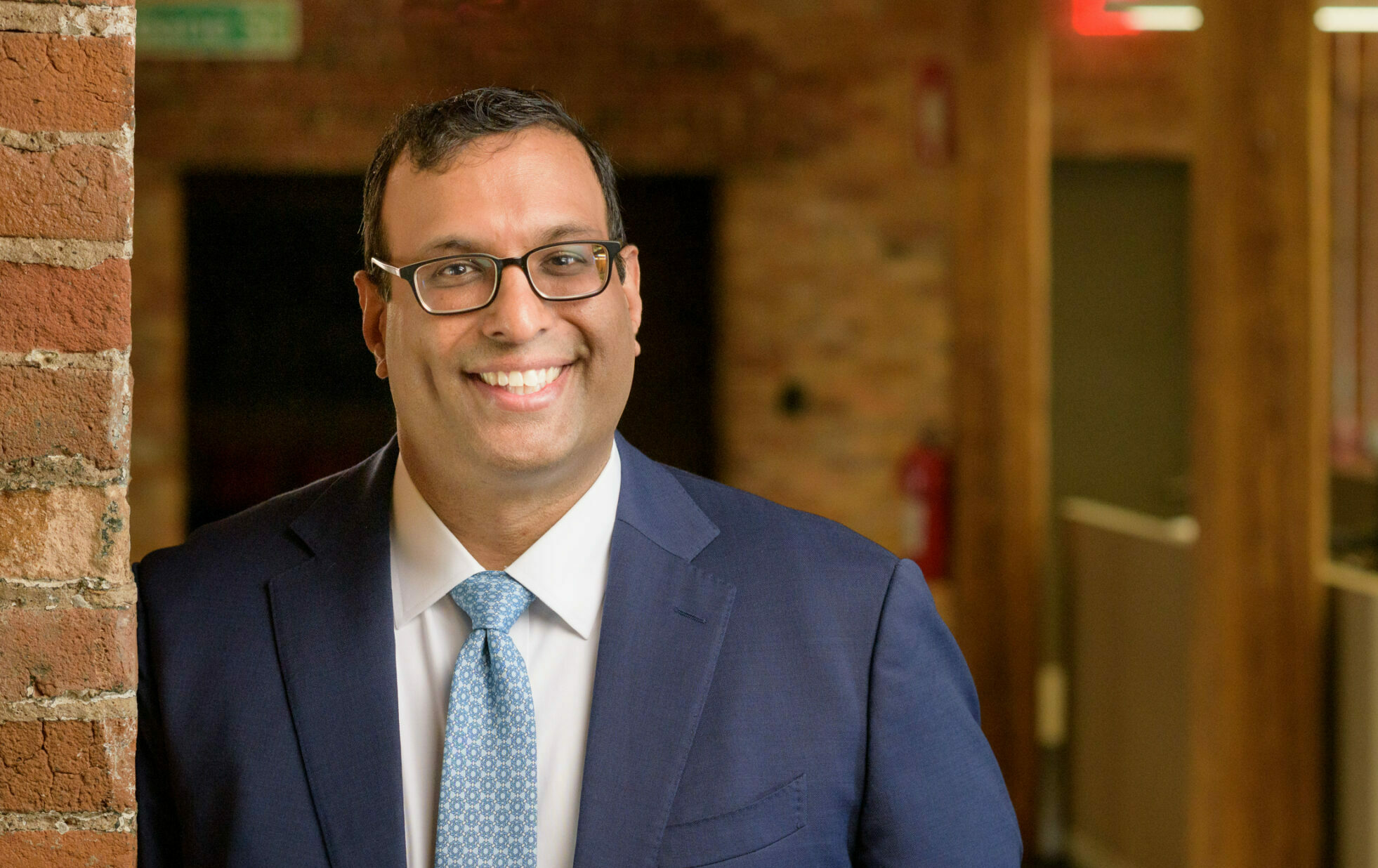Some firms have seized the opportunities created by the pandemic.
The downsides have been well documented. Few businesses would choose to trade in a global pandemic. Yet much less has been spoken about the positives, which – while much more limited – were very real.
For many companies, the shock of the pandemic provided a powerful catalyst for improving key pillars of their financial performance. This is not another column about the Zoom boom, and the obvious boons for videoconferencing providers. What it is about is the hidden successes garnered by smart-playing firms in response to Covid-19.
Consider the case of Ascend Performance Materials, a US-based global company. Its website provides a fascinating review of its history, which began over 60 years ago when it was a major producer of nylon under a different corporate name and ownership.
Since it became a privately owned company under its current name in 2009, its strategy has been to focus on so-called ‘performance chemicals’ – innovative high-value products – rather than commodity chemicals. This has helped it achieve financial stability and growth in a highly competitive industry. It also led to the development of an innovative product that is useful in normal times – and especially useful in a pandemic.
Its product is the Acteev Protect Non-Woven Mask. During the onset of the pandemic, independent tests found that it offered particularly strong protection against the coronavirus. Its full commercial value isn’t yet clear and government approval is required before Ascend can promote Covid protection in its marketing. Yet it is a promising example of how a company’s core competency could be leveraged during the pandemic.
Next up is Coco-Mat, a company whose tag line, ‘sleep on nature,’ aptly describes its product and value proposition. It claims its bedding and other household products are completely natural. Starting off as a small shop making mattresses filled by hand with seaweed, it has become a giant company operating in the global marketplace.
Coco-Mat serves two main market segments: hotels and homes. How have they been faring during the pandemic? A reasonable assumption is that Coco-Mat would have taken a nosedive along with hotel occupancy rates. Yet the manager of one of its New York City stores told me that its consumer business had performed well. With everyone having to remain at home, many started to take a serious look at improving their home environment. And who would be most likely to have the disposable income in such trying times to buy luxurious but environmentally-friendly bedroom furniture? For starters, how about well-paid professionals in the tech field in their late 20s and 30s? The kind of folks who work for Zoom!
The final case study is The Giant Room, a company founded in 2018. The Giant Room calls itself a “global innovation hub for kids” aged 6-12. In its spaces, children “join forces, form a community all around innovation” and can access a variety of programs. It is an ideal place for kids to hone their STEM or artistic skills, while satisfying their natural curiosity to learn new things.
The Giant Room’s business was just starting to get into its groove when the pandemic hit. One would think that would have been curtains for this fledgling start-up. But they have not only survived, they are thriving.
The reason has something to do with our friends from Zoom. I spoke to someone who knows The Giant Room’s founder: according to them, as soon as the company knew it would no longer be able to open its doors for business, it immediately started lining up teachers, courses and programs for online delivery. It did not sit around trying to develop a strategy merely to ‘cope.’ It was the prototypical agile company, pivoting rapidly in a new direction.
Like many other firms that forced themselves to broaden their offerings in the pandemic, The Giant Room will be able to reach new markets remotely long after Covid-19 has faded. Necessity is the mother of invention – and reinvention.




